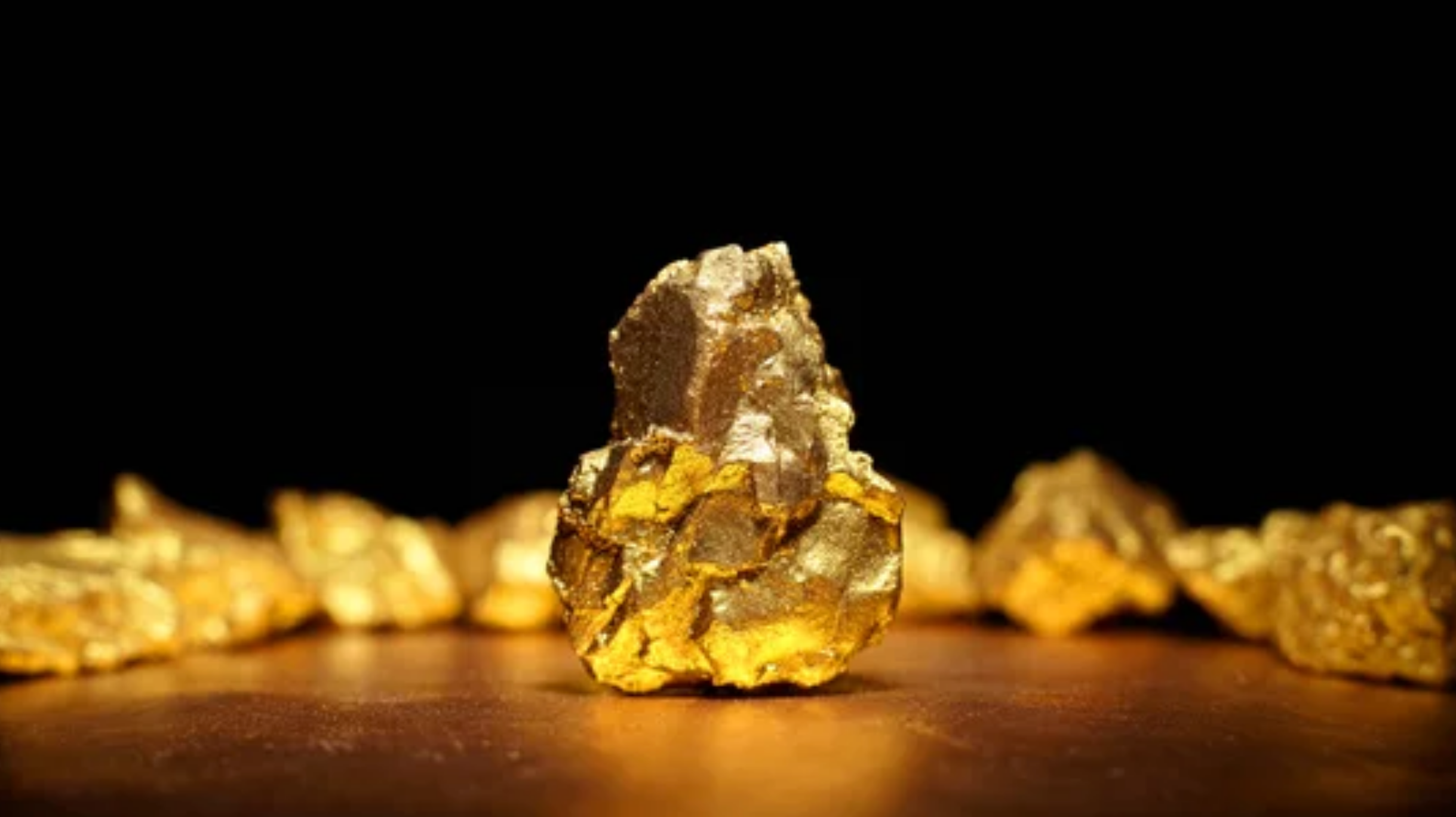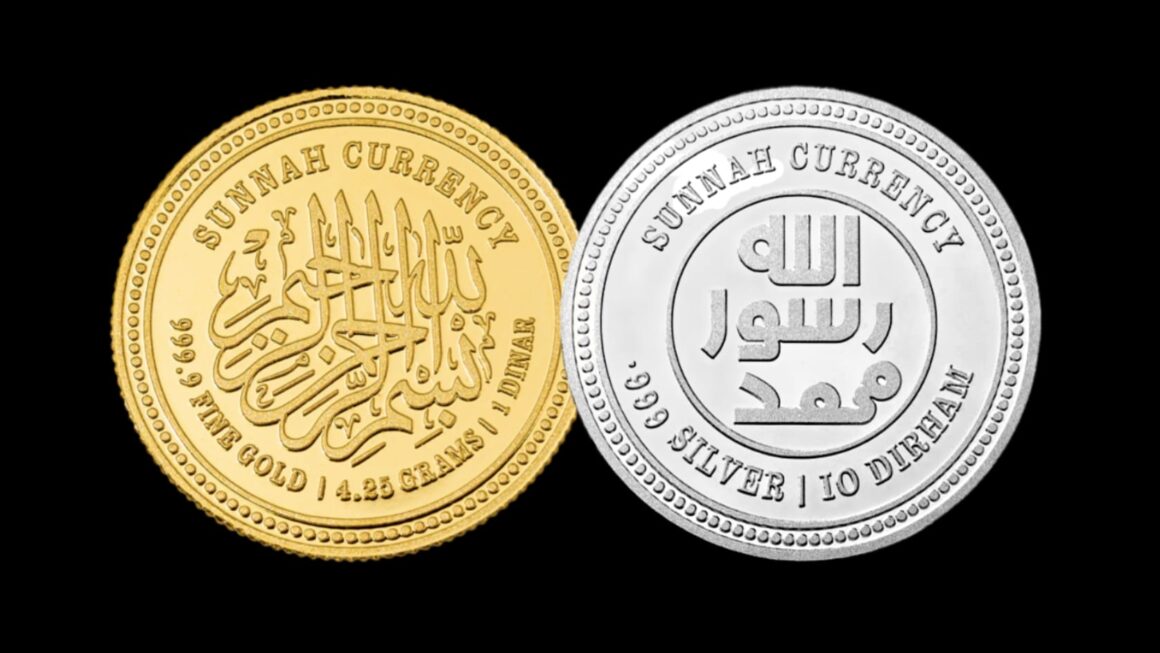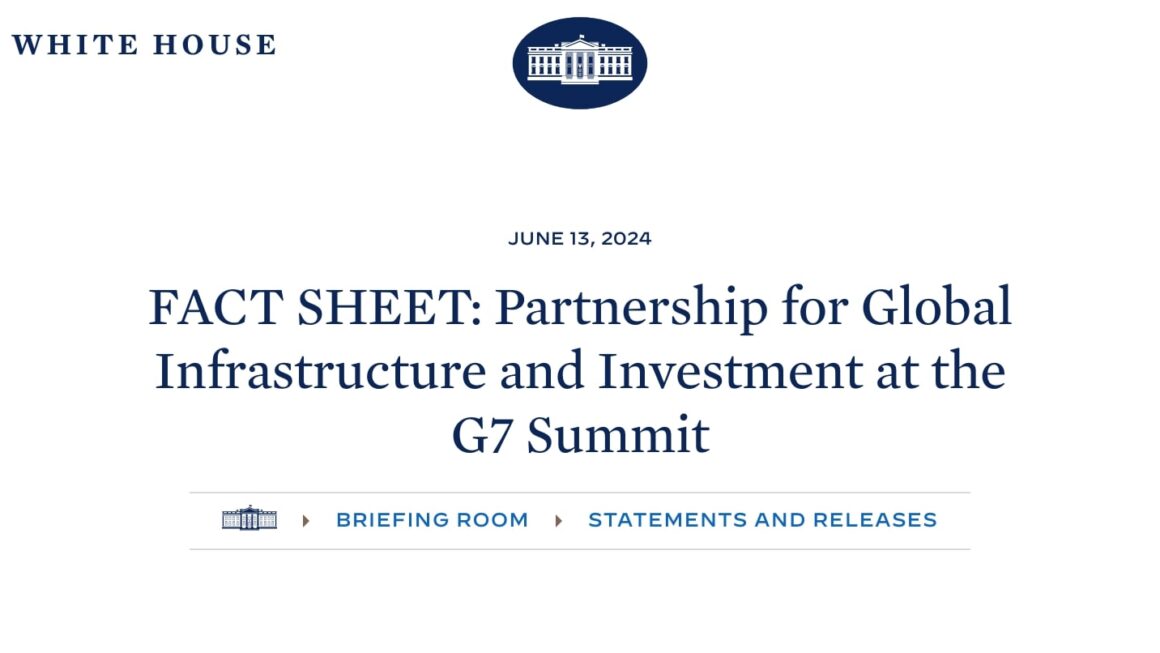A recent report has illuminated a remarkable surge in gold acquisitions by Eastern nations, setting the stage for a potential transformation in the global gold market landscape. This influx of gold purchases not only challenges the West’s historical control over gold pricing but also signals a shift in economic power dynamics.
The Eastern Gold Rush:
For decades, Western nations, primarily centered in Europe and North America, have been at the helm of gold pricing and market influence. However, a new report has spotlighted a surge in gold acquisitions by Eastern countries, particularly those in Asia. This trend is altering the balance of gold reserves and pointing to a gradual shift in global financial dynamics.
Rise of Eastern Players:
Eastern nations, including China, India, Russia, and others, have embarked on a significant campaign to bolster their gold reserves. This surge is not just a random occurrence but a strategic move aimed at diversifying financial assets and securing economic stability. As Western economies continue to grapple with uncertainties, Eastern countries are recognizing the intrinsic value of gold in hedging against economic fluctuations.
China, in its quest to reduce dependency on the U.S. dollar, has been steadily amassing gold reserves. India, with its deep-rooted cultural affinity for gold, is embracing it as a reliable store of value. Russia, amidst geopolitical tensions, is leveraging gold acquisitions to enhance its economic autonomy.
Disrupting Western Dominance:
The influx of gold acquisitions by Eastern nations has the potential to disrupt the longstanding dominance of Western powers in the gold market. The West, represented by financial hubs such as London and New York, has traditionally held the reins when it comes to setting gold prices and shaping market sentiment. However, as Eastern nations become key players in gold accumulation, this dominance is being questioned.
The gold market, once heavily influenced by Western financial centers, is now seeing a diversification of power. Eastern nations are gradually challenging the conventional mechanisms of gold pricing, paving the way for a more decentralized and balanced global gold market.
Impact on Global Economic Landscape:
The ramifications of this surge in Eastern gold acquisitions extend beyond the financial realm. Economically, Eastern countries are taking proactive steps to safeguard their wealth and minimize vulnerabilities stemming from economic volatility. Gold’s enduring value and stability serve as a reliable shield against inflation and economic uncertainty.
Furthermore, the rise of Eastern nations as major gold holders could influence global economic dynamics and geopolitical negotiations. Countries with substantial gold reserves gain leverage in international discussions, trade negotiations, and policy decisions, potentially reshaping the geopolitical landscape.
A New Era of Possibilities:
The newfound prominence of Eastern nations in gold acquisitions ushers in a new era of possibilities. The balance of power in the global gold market is undergoing a transformation, as Eastern players step onto the stage and contribute to a more diverse, decentralized, and balanced market environment.
As this trend continues to evolve, it will be essential to monitor how Eastern nations leverage their growing gold reserves to shape economic policies and influence global financial matters. The shift in gold acquisition patterns is indicative of a broader recalibration of economic power, as the East’s influence begins to rival the West’s historical dominance in gold pricing.














